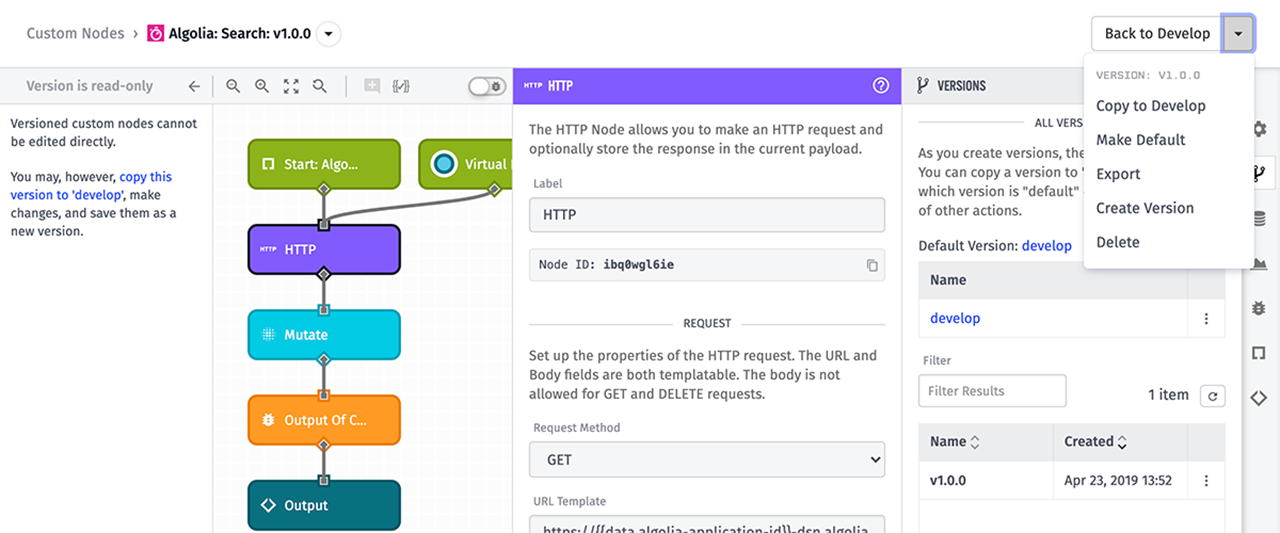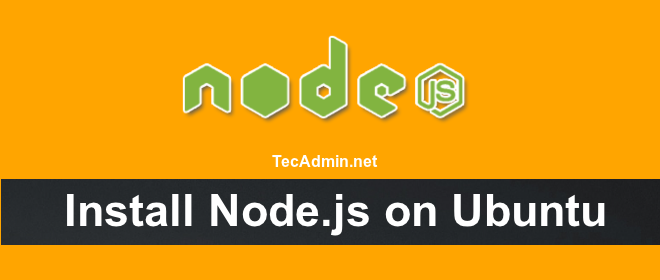

- #Update node version how to
- #Update node version install
- #Update node version update
- #Update node version upgrade
You can set the default Node.js version by using alias: If you're done with a version and want it gone, you can do that too: If you want to check out what versions of Node.js are installed on your machine, you can use the ls option: That's where you can use nvm to download, install, and use different versions of Node.js:Īt any given time you can switch to another with use: If you work with a lot of different Node.js utilities, you know that sometimes you need to quickly switch to other versions of Node.js without hosing your entire machine. Download the Node.js source code or a pre-built installer for your platform, and start developing today. There are only two easy steps for installation and configuration. Latest LTS Version: 16.17.1 (includes npm 8.15.0).
#Update node version update
To update the PM2 startup script run: pm2 unstartup pm2 startup.
#Update node version upgrade
You can read the installation steps on the nvm GitHub page. When you upgrade your Node.js installation, make sure to also update Node.js version starting PM2. Little did I know that I was only off by one letter: n vm is the ideal solution. The shell commands within that post work great but there were reports in the comments that it could mess with node module paths and such - a far from ideal situation. Below is an example of this, followed by a quick test: echo 'export PATH="$HOME/n/bin:$PATH"' > ~/.A while back I wrote a blog post called Upgrade Node.js with NPM. Note: We suggest adding this to your ~/.bashrc or ~/.bash_aliases so that this change is loaded on login. Step 6: Check the Version ~/n/bin/node -version
#Update node version install
Step 5: Add Your Node.js Version to the 'n' Directory ~/node_modules/n/bin/n 11.1.0 For example, if you were using date-fns version v2.9.0 and wanted to update to version 2.16.1, you would run: npm install date-fns2.16. Note: we suggest adding this to your ~/.bashrc or ~/.bash_aliases so that this change is loaded on login You can do this as follows: export N_PREFIX=$HOME/n


You will need to change the N_PREFIX environment variable so that the binaries are installed into your home directory.

Step 4: Change Your N_PREFIX Environmental Variable Step 3: Make the "n" Folder in Your Home Directory Step 1: Log Into Your Server ssh 2: Install n with NPM npm install n
#Update node version how to
If you require a specific version of Node.js This article will discuss how to install n, the version management library for Node.js What You'll Need We generally do not recommend changing the version installed globally on the system. With these two tools installed on the system, you have the control to manage specific versions in the context of your own SSH user accounts and projects. Upgrade nodejs and npm version using Environment Variables First, log in to your netlify account Next, Go to Sites and select the project Select Site. For this, you need a C++ compiler, the build-essential and libssl-dev packages. The package manager for Node.js is npm, which is also installed. Use Node Version Manager NVM (Node Version Manager), as mentioned earlier, is the best way to update Node. sudo port selfupdate sudo port install nodejs-devel. This works even if you have a previous version of the package installed. Then it will install the latest version of Node.js. For example, if you were using date-fns version v2.9.0 and wanted to update to version 2.16.1, you would run: npm install date-fns2.16.1 -save Updating the package by using npm installs the specified version of the package in your project and updates the version number in the package.json file dependencies and the lock file used in your project. The following will update the local ports tree to get access to updated versions. Every Pagely VPS has the standard Node.js package installed from the Ubuntu repository. MacPorts is the other package manager for Mac.


 0 kommentar(er)
0 kommentar(er)
